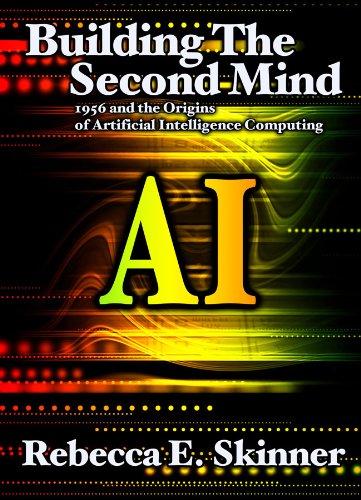
Building the Second Mind: 1956 and the Origins of Artificial Intelligence Computing
by Rebecca E. Skinner
Publisher: UC Berkeley 2012
ISBN/ASIN: B00CWH5Z4U
Number of pages: 214
Description:
'Building the Second Mind: 1956 and the Origins of Artificial Intelligence Computing' tells the history of the origins of AI. As the field that seeks to do things that would be considered intelligent if a human being did them, AI is a constant of human thought.
Download or read it online for free here:
Download link
(1.3MB, PDF)
Download mirrors:
Mirror 1
Similar books
 Computers and Thought: A practical Introduction to Artificial Intelligence
Computers and Thought: A practical Introduction to Artificial Intelligenceby Mike Sharples, et al. - A Bradford Book
The aim of this book is to introduce people with little or no computing background to artificial intelligence (AI) and cognitive science. It emphasizes the psychological, social, and philosophical implications of artificial intelligence.
(10809 views)
 Interacting with Presence
Interacting with Presenceby Giuseppe Riva - De Gruyter Open
The experience of interacting with the newest Virtual Reality technologies is affected by the extent to which we feel ourselves to be 'present' in computer-generated worlds. This volume provides an introduction to the topic of mediated presence.
(6549 views)
 Fault Detection
Fault Detectionby Wei Zhang - InTech
Fault diagnosis technology is a synthetic technology, which relates to several subjects: modern control theory, reliability theory, mathematical statistics, fussy set theory, information handling, pattern recognition and artificial intelligence.
(10998 views)
 The Boundaries of Humanity: Humans, Animals, Machines
The Boundaries of Humanity: Humans, Animals, Machinesby J. Sheehan, M. Sosna - University of California Press
To the age-old debate over what it means to be human, the relatively new fields of sociobiology and artificial intelligence bring new insights. What have these two fields in common? Have they affected the way we define humanity?
(15821 views)